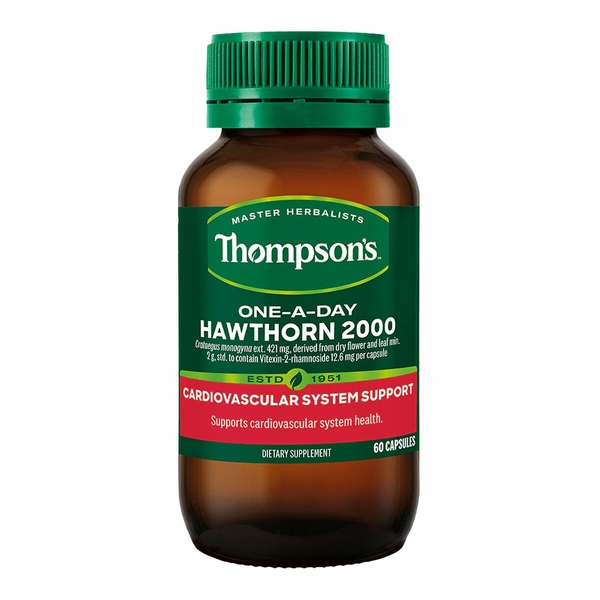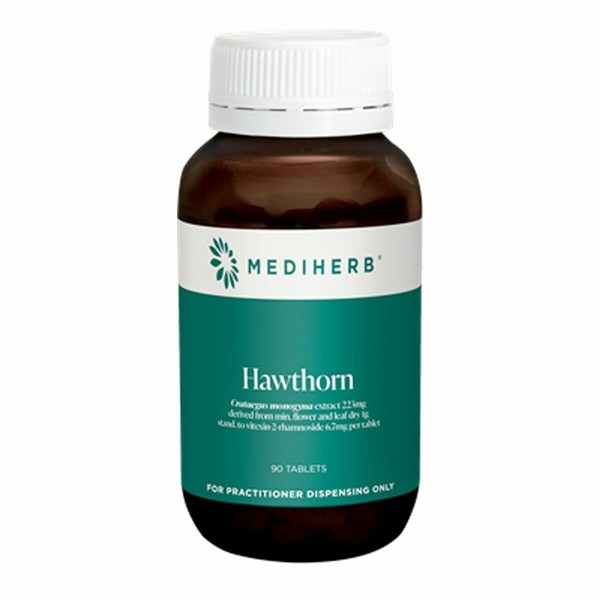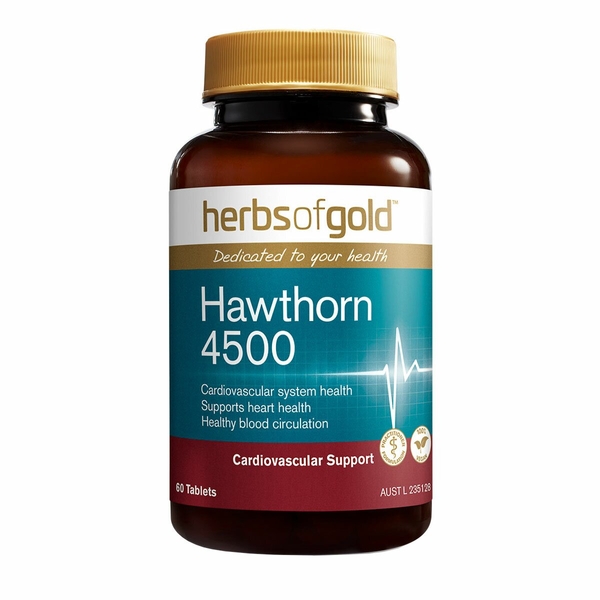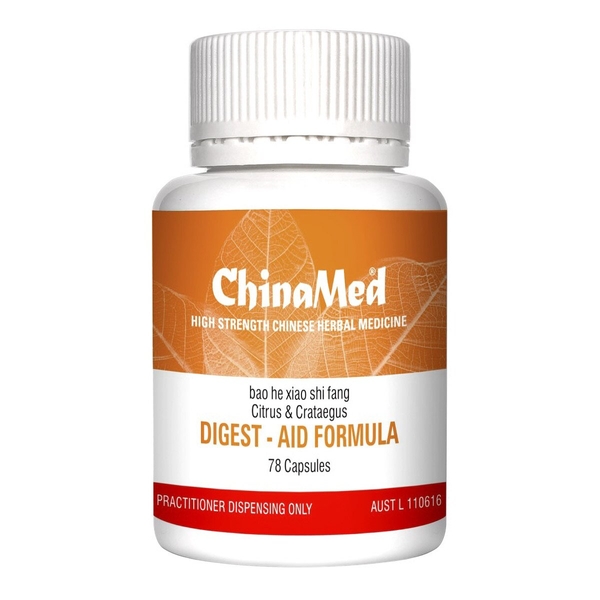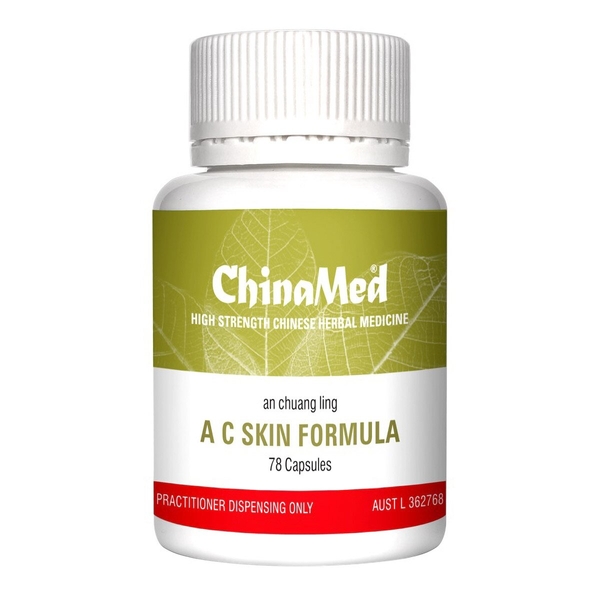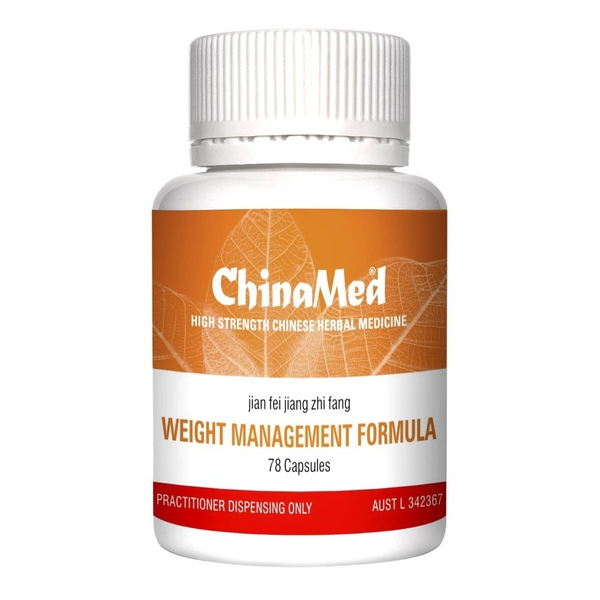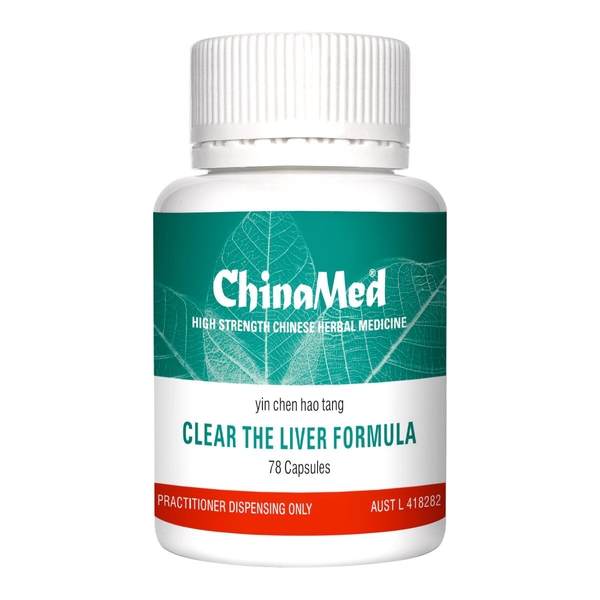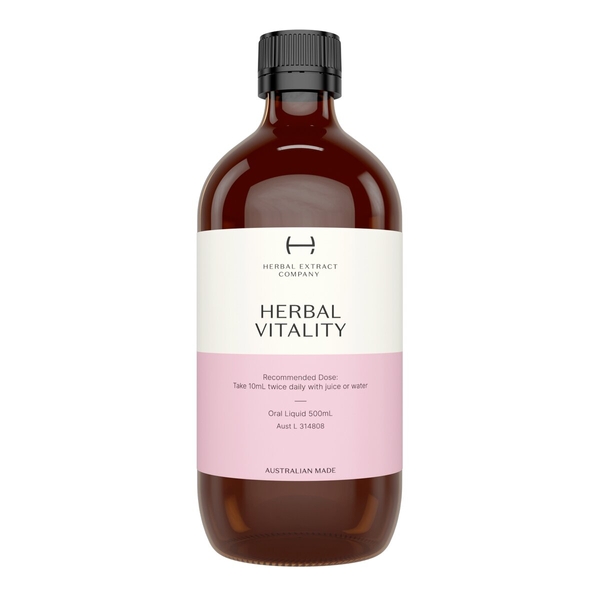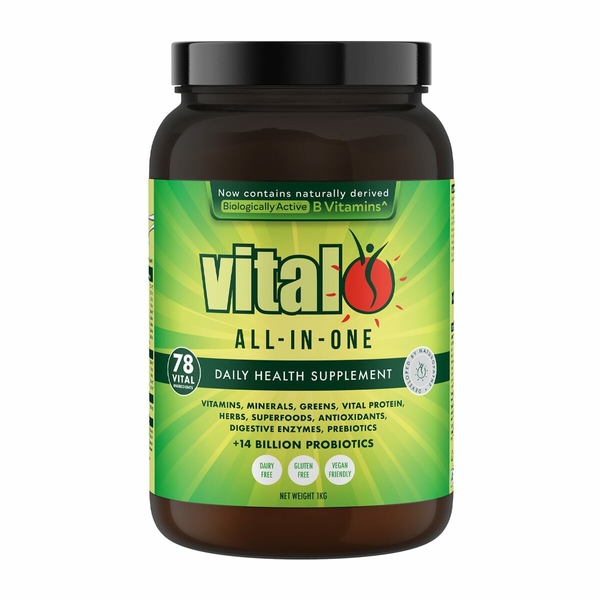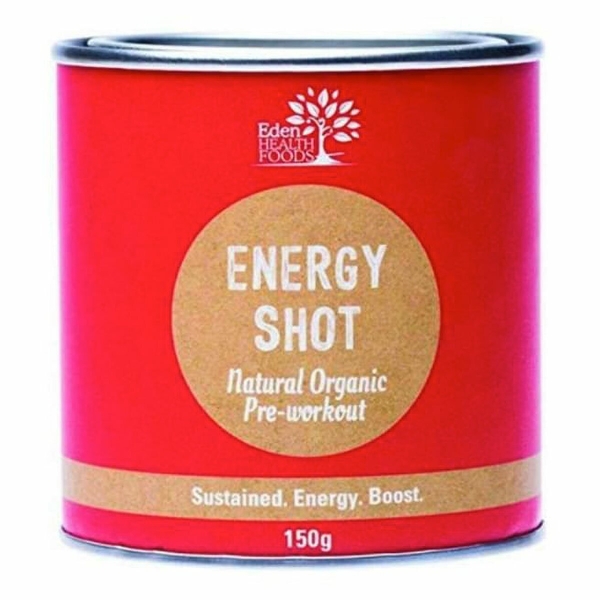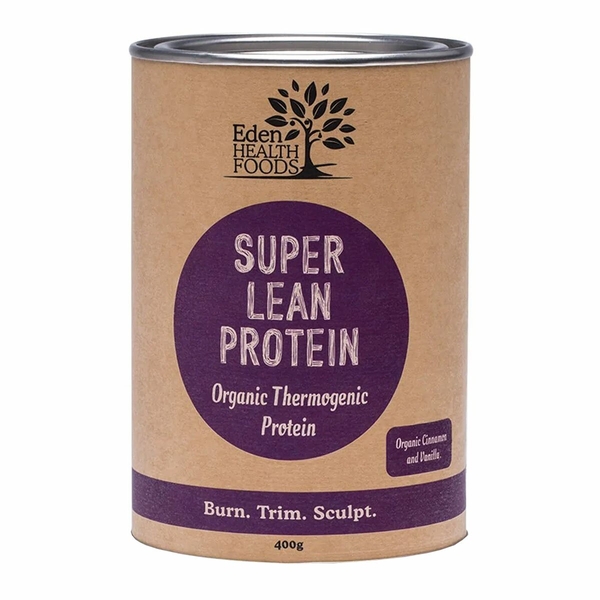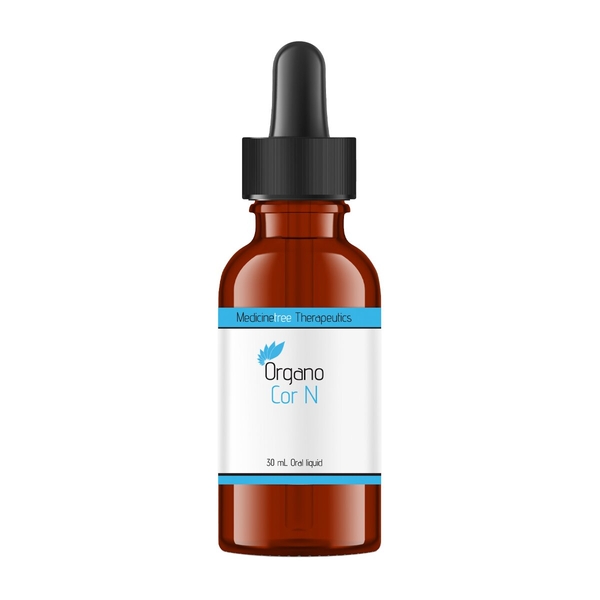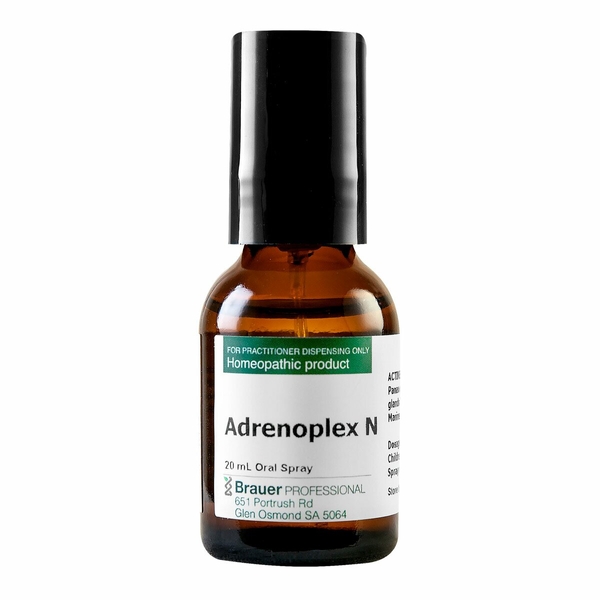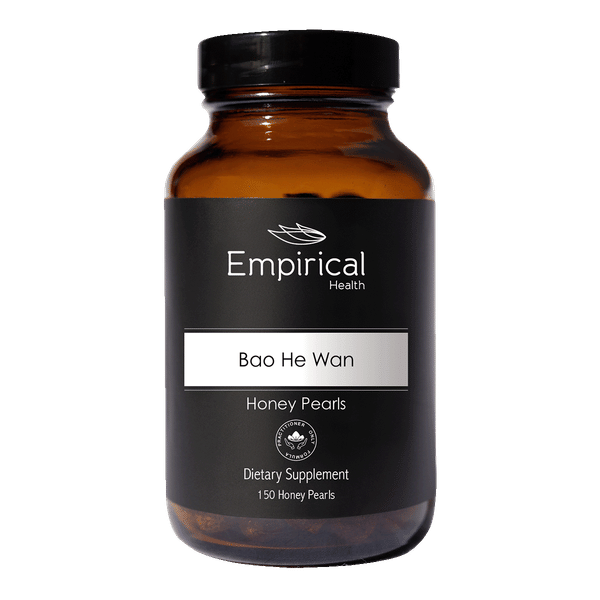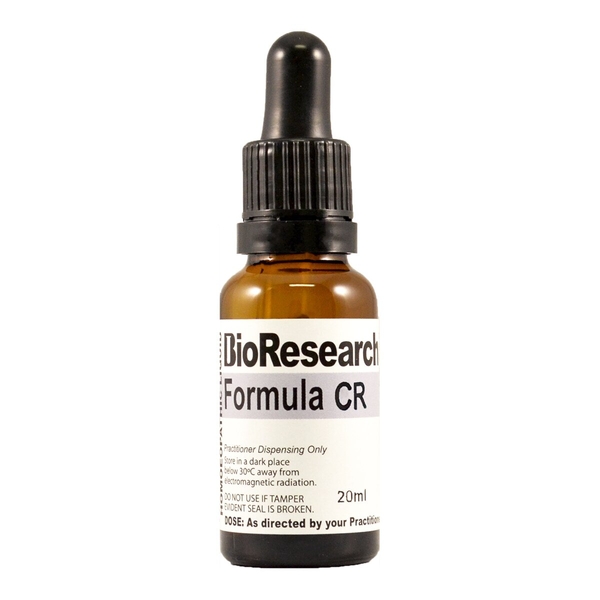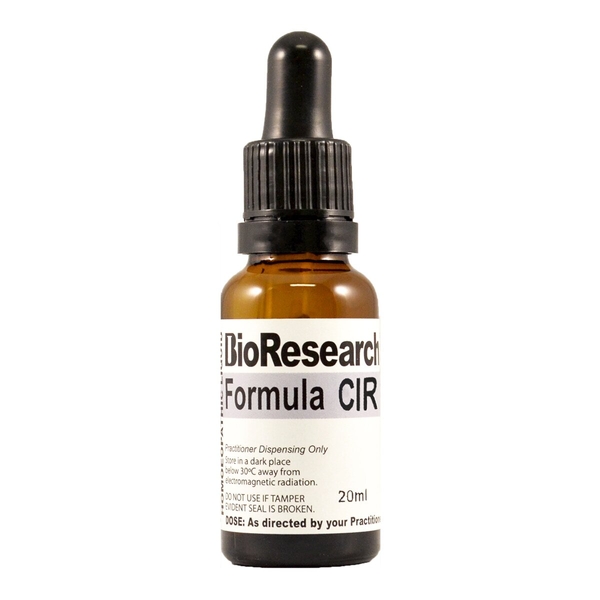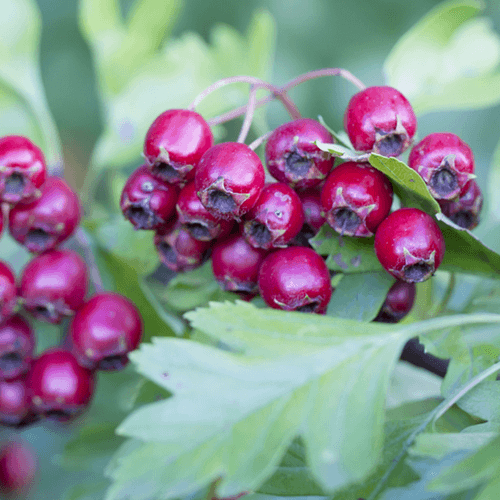
Background
The hawthorn leaves, berries, flowers, and roots are used as medicine. They contain chemicals called flavonoids, which have antioxidant effects. Hawthorn also seems to improve blood circulation and affect blood flow from the heart.
People most commonly use hawthorn for chest pain, heart failure, blood circulation problems, high blood pressure, anxiety, and many other conditions, but there is no good scientific evidence to support these uses.
Safety Safety definitions
When applied to the skin: There isn't enough reliable information to know if hawthorn is safe or what the side effects might be.
Special Precautions & Warnings:
Pregnancy and breast-feeding: There isn't enough reliable information to know if hawthorn is safe to use when pregnant or breast-feeding. Stay on the safe side and avoid use.Heart disease: Hawthorn can interact with many prescription drugs used to treat heart disease. If you have a heart condition, don't use hawthorn without talking to your healthcare provider.
Surgery: Hawthorn might slow blood clotting and increase the risk of bleeding during and after surgery. Stop using hawthorn at least 2 weeks before a scheduled surgery.
Effectiveness
Dosing & administration
Interactions with pharmaceuticals
Digoxin (Lanoxin)
Interaction Rating=Moderate Be cautious with this combination.
Digoxin helps the heart beat more strongly. Hawthorn also seems to affect the heart. Taking hawthorn along with digoxin might increase the effects of digoxin and increase the risk of side effects.
Medications for high blood pressure (Beta-blockers)
Interaction Rating=Moderate Be cautious with this combination.
Hawthorn might lower blood pressure. Taking hawthorn along with medications that lower blood pressure might cause blood pressure to go too low. Monitor your blood pressure closely.
Medications for high blood pressure (Calcium channel blockers)
Interaction Rating=Moderate Be cautious with this combination.
Hawthorn might lower blood pressure. Taking hawthorn along with medications that lower blood pressure might cause blood pressure to go too low. Monitor your blood pressure closely.
Medications for male sexual dysfunction (Phosphodiesterase-5 inhibitors)
Interaction Rating=Major Do not take this combination.
Hawthorn might lower blood pressure. Some medications for male sexual dysfunction can also lower blood pressure. Taking hawthorn along with medications for male sexual dysfunction might cause your blood pressure to go too low.
Medications that increase blood flow to the heart (Nitrates)
Interaction Rating=Major Do not take this combination.
Hawthorn increases blood flow. Taking hawthorn with medications that also increase blood flow to the heart might increase the chance of dizziness and lightheadedness.
Medications that slow blood clotting (Anticoagulant / Antiplatelet drugs)
Interaction Rating=Moderate Be cautious with this combination.
Hawthorn might slow blood clotting. Taking hawthorn along with medications that also slow blood clotting might increase the risk of bruising and bleeding.
Interactions with herbs & supplements
Herbs and supplements that might slow blood clotting: Hawthorn might slow blood clotting and increase the risk of bleeding. Taking it with other supplements with similar effects might increase the risk of bleeding in some people. Examples of supplements with this effect include garlic, ginger, ginkgo, nattokinase, and Panax ginseng.
Interactions with foods
Products
View all products- Crataegus pinnatifida (Shan Zha) ext. 53.73 mg
- Citrus aurantium ext. 29.85 mg
- Hordeum vulgare ext. 35.82 mg
- Poria cocos ext. 35.82 mg
- Atractylodes macrocephala ext. 29.85 mg
- Pinellia ternata ext. 29.85 mg
- Raphanus sativus ext. 29.85 mg
- Forsythia suspensa ext. 17.91 mg
- Citrus reticulata ext. 17.91 mg
- Amomum villosum ext. 17.91 mg
- Crataegus pinnatifida (Shan Zha) ext. 31.7 mg
- Scutellaria baicalensis ext. 31.7 mg
- Salvia miltiorrhiza ext. 31.7 mg
- Eriobotrya japonica ext. 31.7 mg
- Paeonia obovata ext. 31.7 mg
- Gardenia jasminoides ext. 31.7 mg
- Lonicera japonica ext. 31.7 mg
- Forsythia suspensa ext. 31.7 mg
- Rehmannia glutinosa ext. 31.7 mg
- Glycyrrhiza uralensis ext. 13.19 mg
- Crataegus pinnatifida (Shan Zha) ext. 26.7 mg
- Astragalus membranaceus ext. 26.7 mg
- Gynostemma pentaphyllum ext. 33.3 mg
- Citrus aurantium ext. 26.7 mg
- Codonopsis pilosula ext. 20.1 mg
- Atractylodes macrocephala ext. 20.1 mg
- Nelumbo nucifera ext. 20.1 mg
- Pinellia ternata ext. 20.1 mg
- Poria cocos ext. 20.1 mg
- Alisma plantago aquatica ext. 20.1 mg
- Morus alba ext. 20.1 mg
- Senna tora ext. 20.1 mg
- Citrus reticulata ext. 12.9 mg
- Ziziphus jujuba ext. 12.9 mg
- Crataegus pinnatifida (Shan Zha) ext. 24 mg
- Artemisia frigida ext. 60 mg
- Taraxacum mongolicum ext. 30 mg
- Lysimachia christinae ext. 60 mg
- Gardenia jasminoides ext. 24 mg
- Alisma orientale ext. 24 mg
- Curcuma longa ext. 18 mg
- Rheum palmatum ext. 18 mg
- Citrus aurantium ext. 18 mg
- Abrus cantoniensis ext. 24 mg
- Crataegus monogyna (Hawthorn) ext. equiv. dry 711 mg
- Rehmannia glutinosa ext. equiv. dry 711 mg
- Eleutherococcus senticosus ext. equiv. dry 533 mg
- Urtica dioica ext. equiv. dry 888 mg
- Petroselinum crispum ext. equiv. dry 888 mg
- Trifolium pratense ext. equiv. dry 711 mg
- Euphrasia officinalis ext. equiv. dry 711 mg
- Taraxacum officinale ext. equiv. dry 711 mg
- Avena sativa ext. equiv. dry 355 mg
- Equisetum arvense ext. equiv. dry 355 mg
- Vaccinium myrtillus ext. equiv. dry 107 mg
- Rosmarinus officinalis ext. equiv. dry 71 mg
- Cinnamomum verum ext. equiv. dry 71 mg
- Syzygium aromaticum ext. equiv. dry 18 mg
- Mentha x piperita oil
- Pimpinella anisum oil
- Glycerol
- Crataegus monogyna (Hawthorn) ext. 29 mg
- Arthrospira platensis (Spirulina) 1 g
- Chlorella pyrenoidosa powder 333 mg
- Wheatgrass powder 333 mg
- Inulin (Dietary fibre) 800 mg
- Lactobacillus acidophilus 5 billion CFU
- Bifidobacterium bifidum 3 billion CFU
- Bifidobacterium lactis 5 billion CFU
- Bifidobacterium longum 1 billion CFU
- Cynara scolymus powder 500 mg
- Hordeum vulgare 200 mg
- Malus (Apple) 200 mg
- Brassica oleracea var. acephala (leaf & sprout) powder (Kale) 100 mg
- Ananas comosus (Pineapple) 240 mg
- Spinacia oleracea (Spinach) 67 mg
- Beta glucan 50 mg
- Resveratrol 10 mg
- Ananas comosus (Pineapple oil) 65 mg
- Linum usitatissimum (seed) (Flaxseed) 400 mg
- Oryza sativa (Rice bran) 500 mg
- Pea protein isolate 1 g
- R-alpha lipoic acid 67 mg
- Thiamine hydrochloride (Vitamin B1) 400 µg
- Niacinamide (Vitamin B3) 5.3 mg
- Pyridoxine hydrochloride (Vitamin B6) 567 µg
- Riboflavin (Vitamin B2) 434 µg
- Pantothenic acid (Vitamin B5) 1.7 mg
- Cyanocobalamin (Vitamin B12) 0.8 µg
- Ergocalciferol (Vitamin D) 3.8 µg
- Ascorbic acid (Vitamin C) 333 mg
- d-alpha-Tocopheryl acid succinate 100 mg
- Ubidecarenone (Coenzyme Q10) 8 mg
- Copper gluconate 225 µg
- Potassium phosphate dibasic 104 mg
- Folic acid 67 µg
- Biotin 10 µg
- Silica - colloidal anhydrous 14 mg
- Magnesium citrate 42 mg
- Zinc amino acid chelate 10 mg
- Chromium picolinate 10 µg
- Calcium citrate 132 mg
- Manganese amino acid chelate 1.4 mg
- Selenomethionine 30 µg
- Beta-carotene carotenoids (Vitamin A) 1.7 mg
- Citrus bioflavonoids extract 500 mg
- Citric acid anhydrous 150 mg
- Rosmarinus officinalis powder 68 mg
- Taraxacum officinale ext. 33 mg
- Vaccinium myrtillus powder 200 mg
- Glycyrrhiza glabra powder 67 mg
- Astragalus membranaceus ext. 67 mg
- Vitis vinifera ext. 67 mg
- Camellia sinensis ext. 67 mg
- Ganoderma lucidum powder 21 mg
- Lentinula edodes powder 21 mg
- Aloe barbadensis ext. 500 mg
- Zingiber officinale powder 67 mg
- Eleutherococcus senticosus ext. 1 g
- Centella asiatica ext. 67 mg
- Withania somnifera ext. 67 mg
- Silybum marianum ext. 67 mg
- Arctium lappa ext. 21 mg
- Rosa canina powder 168 mg
- Lycium barbarum 33 mg
- Beta vulgaris (root) powder (Beetroot) 167 mg
- Daucus carota powder (Carrot) 83 mg
- Carica papaya (Papain) 250 mg
- Lecithin 725 mg
- Laminaria digitara (Kelp) 8 mg
- Natural vanilla flavour
- Natural pineapple flavour
- Thaumatin
- Stevia rebaubiana
- Luo Han Guo (fruit) ext. (Monk fruit)
- Xanthan gum
- Brassica oleracea var. italica powder 150 mg
- Malpighia glabra ext. 267 mg
- Theobroma cacao powder 100 mg
- Crataegus monogyna (Hawthorn) (berry)
- Paullinia cupana kunth (seed)
- Camellia sinensis (leaf) powder
- Eleutherococcus senticosus (root)
- Panax ginseng
- Panax notoginseng
- Lepidium meyenii (root) powder
- Hebanthe eriantha
- Siraitia grosvenorii (Monk fruit)
- Brambleberry
- Turnera diffusa (leaf)
- Ginkgo biloba (leaf)
- Glycyrrhiza glabra (root)
- Stevia rebaubiana (leaf)
- Lycium barbarum (fruit)
- Cola acuminata
- Ilex paraguariensis (leaf) dry
- Lepidium meyenii juice dry
- Crataegus monogyna (Hawthorn) (berry)
- Oryza sativa (Brown rice sprout, bio-fermented protein)
- Golden pea protein (sprout) bio-fermented
- Garcinia cambogia
- Myristica fragrans (Nutmeg)
- Curcumin (Turmeric)
- Capsicum spp.
- Foeniculum vulgare (seed)
- Arctium lappa (root)
- Stevia rebaubiana (leaf)
- Taraxacum officinale (leaf)
- Eleutherococcus senticosus (root)
- Coleus forskohlii (root)
- Petroselinum crispum (leaf)
- Juglans nigra (fruit hull)
- Zingiber officinale
- Fucus vesiculosus
- Stellaria media
- Apple pectin
- Cinnamomum spp.
- Vanilla planifolia (Vanilla bean)
- Laminaria digitara (Kelp)
- Crataegus monogyna (Hawthorn)
- Lycopus virginicus
- Porcine aorta
- Porcine heart
- Porcine pericardium
- Porcine mitral valve
- Porcine coronary vein
- Porcine heart ventricles
- Adonis vernalis
- Selenicereus grandiflorus
- Cytisus scoparius
- Phosphorus
- Strophanthus hispidus
- Porcine artery
- Cholesterol
- Crataegus monogyna (Hawthorn)
- Porcine adrenal glands
- Porcine hypothalamus
- Phosphoric acid
- Panax quinquefolius
- Conium maculatum
- Marine sponge
- Ethanol

